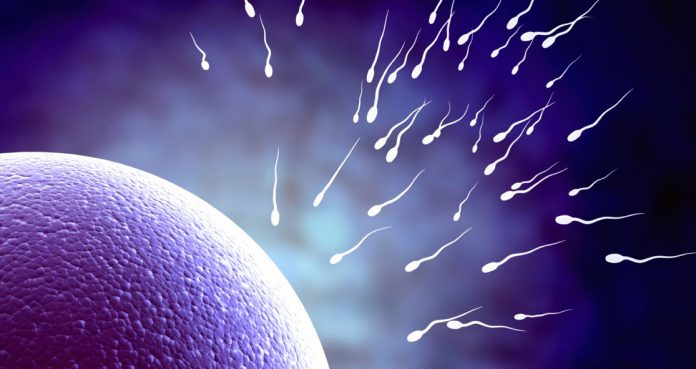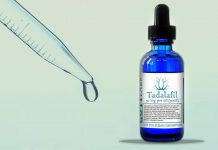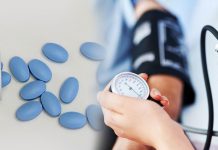A new discovery in the field of infertility in men may lead to more fertility chances now. According to European researchers, sperm DNA from the testicles of infertile men is almost equivalent to the ejaculated sperm from fertile men in terms of its ability to fertilize an egg.
The study shows that pre-ejaculation sperm may help infertile men. Sperm DNA can suffer major damage on its path from the testicles to ejaculation. According to the researchers, it may be possible to use sperm taken directly from the testicles of infertile men to fertilize eggs.
The study presented Sunday at the European Association of Urology Congress in Spain. The investigators of this study collected sperm samples from the testicles of 63 infertile men and compared them with ejaculated sperm from the same men as well as they did the analysis of ejaculate from 76 fertile men.
Dr. Jonathan Ramsay, a study author and a consultant urologist at Imperial College, London, said, “When we looked at ejaculated sperm, we found that the extent of sperm DNA damage was much higher in infertile men than infertile men, with roughly 15 percent infertile men, but 40 percent in infertile men.”
It was expected to see more DNA damage in ejaculations of infertile men, said Dr. Jonathan. “What we didn’t expect was the consistency in these results when we looked at sperm taken directly from the testicles of infertile men, we found that it was of similar quality to that of ejaculated, fertile sperm,” the author added.
The oxidative stress causes most DNA damage in its journey from testicles to ejaculation. “This occurs when the sperm is subjected to poor lifestyle habits such as poor diet, sitting at a laptop all day or smoking. Diseases such as Crohn’s disease and type 2 diabetes also cause oxidative stress,” Dr. Ramsay said.
Using sperm taken directly from the testicles of infertile men can be used to achieve a pregnancy, says researcher Sheena Lewis, a retired professor at Queens University Belfast in Northern Ireland.
Sheena Lewis commented in the news release, it’s important to “be aware of what this study does and doesn’t show.”
“We can’t yet prove that this sperm DNA damage is the main cause of male infertility or [assisted reproductive technology] failure in these men, or that using testicular sperm directly would help improve their chance of getting pregnant, but the work certainly points in that direction,” Lewis said. An important fact according to the U.S. National Institutes of Health is around 15 percent of American couples are not successful in reproduction after trying for a year.























